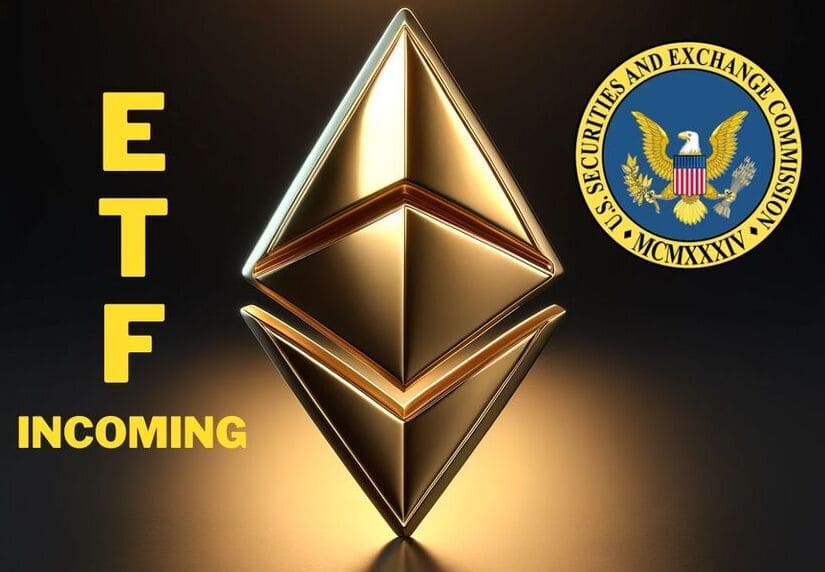TL;DR
- The SEC could approve Ethereum spot price-linked ETFs by July 4, following the initial success of Bitcoin ETFs that attracted $8 billion in assets in January.
- Asset managers including BlackRock, VanEck, Franklin Templeton, and Grayscale Investments have applied for SEC approval, aiming to capitalize on growing interest in digital assets.
- Approval is in its final stages, with minor document amendments resolved, suggesting ETF launch could be weeks away.
On June 26, sources in the financial sector reported that the U.S. Securities and Exchange Commission (SEC) could soon approve exchange traded funds (ETFs) tied to the spot price of Ethereum (ETH) by July 4. This decision follows the success of Bitcoin ETFs launched in January, which attracted approximately $8 billion in assets at launch.
Eight major asset managers, including BlackRock, VanEck, Franklin Templeton, and Grayscale Investments, are seeking SEC approval for the new ETFs. These funds represent a necessary expansion for cryptocurrency-linked financial products, leveraging increasing investor interest in digital assets.
Caution Regarding Ethereum ETF Impact
The approval process is nearing completion, with managers and regulators resolving final document details. According to industry executives, amendments primarily addressed minor issues, indicating Ethereum ETF launch could be just weeks away.

SEC Chairman Gary Gensler noted that the speed of issuers’ responses to regulator queries will influence the exact launch date. Expectations are high to replicate the success of Bitcoin ETFs, which have amassed nearly $38 billion in assets to date.
However, some analysts urge caution regarding the potential impact of Ethereum ETFs. Compared to Bitcoin, ETH faces significant differences in market size and volume, which could initially limit investment inflows.
Despite these considerations, the SEC has already approved regulatory changes for entities like NYSE, Nasdaq, and Cboe to list and oversee these new products. Final document approval could pave the way for ETFs to begin trading swiftly, potentially within 24 hours of approval.


